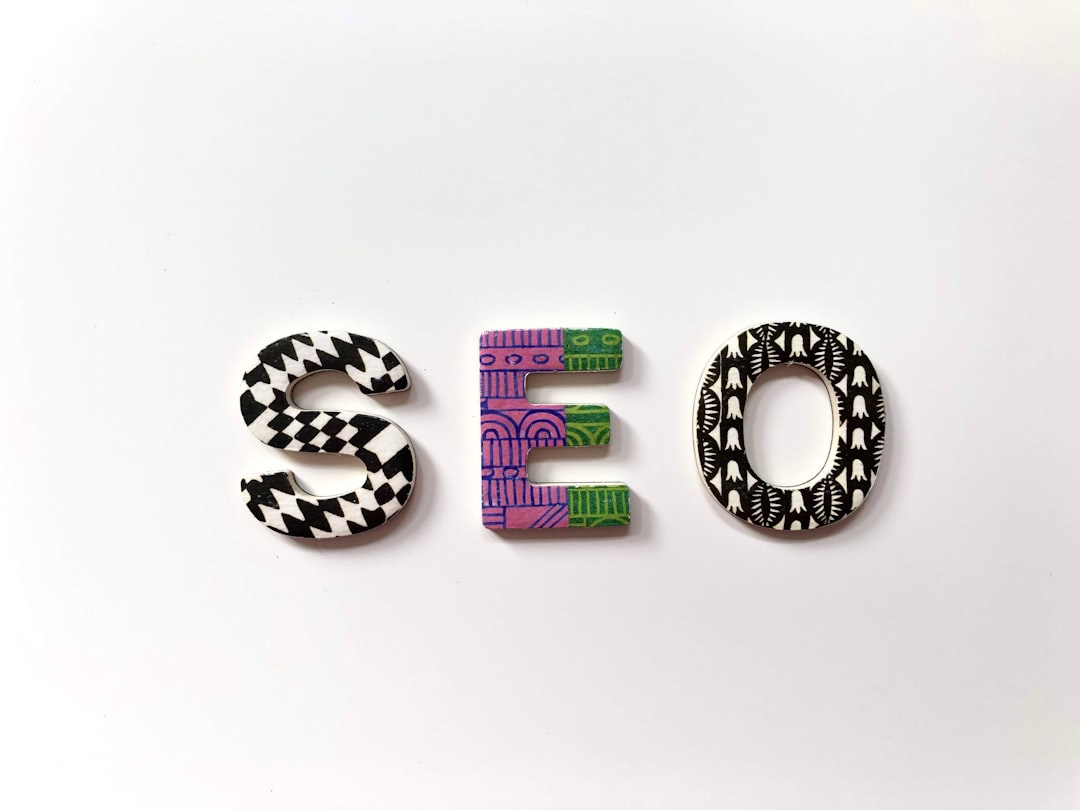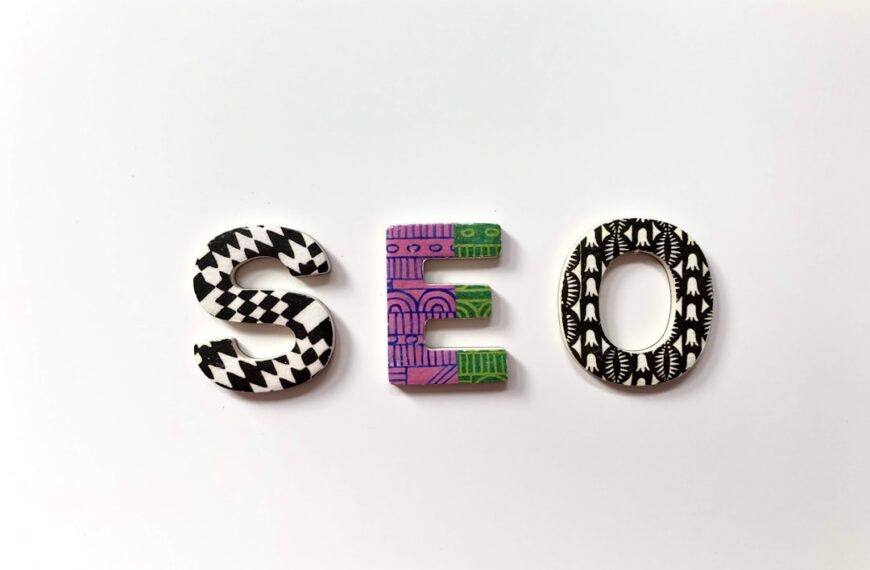The digital landscape is in constant flux, and nowhere is this more apparent than in the world of search engine optimization (SEO). Gone are the days of simple keyword stuffing and link building schemes. The modern SEO professional must be agile, adaptable, and deeply knowledgeable about the ever-evolving algorithms, especially in the face of rapidly advancing artificial intelligence (AI).
This shift necessitates a strategic reassessment of your entire SEO approach. AI is no longer a futuristic concept; it’s actively shaping how search engines understand and rank content. Understanding this shift is crucial for maintaining and improving your online visibility.
One of the most significant changes brought about by AI is the increased emphasis on high-quality, user-centric content. AI algorithms are becoming increasingly sophisticated in their ability to understand the nuances of language, context, and user intent. This means that simply filling pages with keywords is no longer sufficient. Instead, focus on creating comprehensive, engaging, and informative content that genuinely answers user queries and provides value. Think long-form, in-depth articles, insightful blog posts, and helpful guides.
Beyond content quality, AI is also impacting other crucial aspects of SEO. For instance, AI-powered tools are revolutionizing technical SEO. They can identify and rectify website issues, improve site speed, and enhance overall user experience—all factors that heavily influence search engine rankings. Leveraging such tools allows for more efficient and effective optimization.
Furthermore, the rise of voice search and conversational AI assistants necessitates a shift in keyword strategy. Instead of focusing solely on short-tail keywords, consider incorporating long-tail keywords and question-based keywords that reflect how users speak naturally. Optimizing for voice search requires understanding the conversational nature of these queries and structuring your content accordingly.
Another significant consideration is the impact of AI on link building. While traditional link building remains important, the focus is shifting towards earning high-quality backlinks from authoritative and relevant websites. This requires a more strategic and relationship-focused approach, emphasizing content marketing and building genuine connections within your industry.
Finally, remember that AI is constantly evolving. Staying ahead of the curve requires continuous learning and adaptation. Keep abreast of the latest algorithm updates, experiment with new SEO strategies, and analyze your results rigorously. Regularly monitor your website’s performance using analytics tools and adjust your strategy accordingly.
In conclusion, the modern age of SEO demands a proactive and adaptable mindset. By embracing AI-powered tools, focusing on high-quality user-centric content, optimizing for voice search, and strategically building high-quality backlinks, you can position your website for success in the ever-evolving digital landscape. The key is to understand the fundamental shift towards user experience and leverage the power of AI to improve it. Don’t simply react to change; anticipate it and shape your SEO strategy accordingly.










